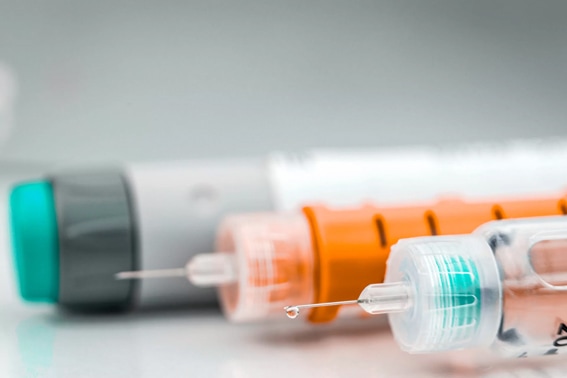
Achieving ISO13485 certification is a pivotal step for medical device manufacturers. It establishes a commitment to quality, safety, and regulatory compliance. It’s an internationally recognised standard and outlines the requirements for a comprehensive quality management system (QMS) specific to the medical device industry. Implementing ISO13485 offers numerous advantages, such as enhancing operational efficiency, marketability, and ultimately, customer satisfaction.
Enhanced Regulatory Compliance
Medical device manufacturers operate in a highly regulated environment. Link 11 ISO13485 certification ensures the organisation’s QMS meets the regulatory requirements of global markets. Compliance helps manufacturers align with the regulatory expectations of major markets such as the European Union, the United States, and other regions where medical devices are sold. By adhering to ISO13485, companies can streamline their regulatory approval processes, reducing time-to-market for new products and mitigating the risk of non-compliance penalties.
Product Quality and Safety
ISO13485 places a strong emphasis on risk management and quality assurance throughout the product lifecycle. Certified manufacturers are required to implement robust processes for design, development, production, and post-market surveillance. This systematic approach to quality management ensures products consistently meet customer and regulatory requirements. Enhanced product quality means reduced recall rates, fewer product defects and improved patient safety.
Market Access and Competition
Achieving ISO13485 certification can significantly enhance a manufacturer’s marketability. Many potential partners consider this certification a prerequisite for doing business. It serves as a mark of quality and reliability, giving certified companies like Clamason a competitive edge. What’s more, it opens doors to new business by enabling access to markets that insist on compliance with ISO13485. This market access can drive revenue growth and establish the company as a trusted player in the global medical device industry.
Efficiency
ISO13485 encourages the adoption of best practices in documentation, process control, and resource management. In doing so, manufacturers reduce waste, minimise errors, and enhance productivity. ISO13485 certification tells customers and stakeholders that the manufacturer is committed to maintaining the highest standards of quality and safety. This certification can enhance customer confidence in the company’s products and services, leading to increased loyalty and satisfaction. One of the core principles of ISO13485 is the focus on continuous improvement. Certified companies are required to establish processes for ongoing evaluation and enhancement of their QMS. This culture fosters innovation, encourages employee engagement, and drives organisational excellence. By regularly reviewing and refining these processes, manufacturers can stay ahead of industry trends and respond proactively to changing market demands and regulatory requirements.

Risk Management and Mitigation
ISO13485 emphasises the importance of risk management. Certified manufacturers must identify potential risks, implement measures to mitigate them, and monitor the effectiveness of these measures. This approach helps prevent issues before they arise, helping ensure the safety and efficacy of medical devices. Effective risk management also enhances the company’s reputation and reduces the likelihood of costly recalls or legal challenges.
Traceability
Comprehensive documentation and traceability are critical components of ISO13485. Certified manufacturers must maintain detailed records of processes, materials, and product histories. This level of documentation ensures traceability, allowing manufacturers to identify and address issues swiftly. In the event of a product recall or audit, robust documentation facilitates efficient problem resolution and regulatory compliance. It also enhances transparency, providing customers and regulators with confidence in the manufacturer’s processes and products.
Training and Competence
ISO13485 certification requires manufacturers to ensure employees are adequately trained and competent to perform their roles. This focus on training and development leads to a more skilled and knowledgeable workforce. Well-trained employees are better equipped to identify and address quality issues, contributing to the overall effectiveness of the QMS. Moreover, a culture of continuous learning and development can enhance employee morale and retention, fostering a motivated and engaged workforce.
Building Relationships
ISO13485 certification can also strengthen relationships with suppliers and partners. Certified manufacturers are required to implement stringent controls over their supply chain, ensuring all materials and components meet quality and safety standards. This collaborative approach extends to suppliers and partners, promoting a culture of mutual trust and accountability. Clearly, ISO13485 certification offers a range of real benefits to medical device manufacturers. From enhanced regulatory compliance and product quality to increased market access and operational efficiency, the advantages are substantial. By committing to the rigorous standards of ISO13485, manufacturers can drive continuous improvement, manage risks effectively, and – like Clamason Industries – build a reputation for excellence on a global scale.
